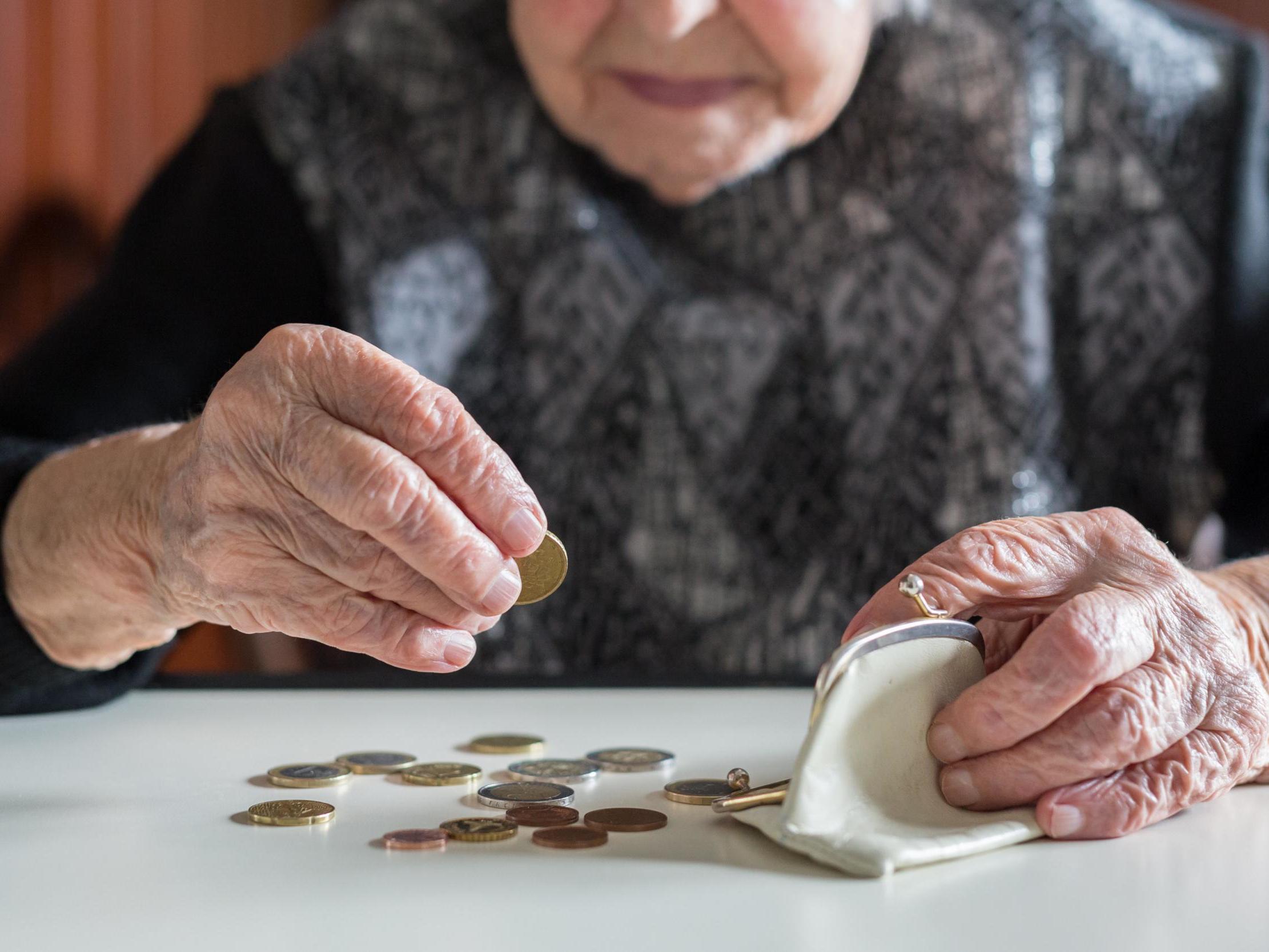Women more likely to suffer from depression since state pension age increase, study finds
‘Some groups of workers face increased exposure to physically or psychologically strenuous working conditions, and therefore face a higher risk of mental and physical health problems,’ says researcher

Women are more likely to suffer from depression since controversial changes were made to the state pension age, a major study has found.
The rise from age 60 to 66 for women born after March 1950 has affected nearly four million women — with campaigners arguing the amendments unlawfully discriminate against females born in the 1950’s.
A new report by King’s College London, which is the first of its kind, has looked closely at the health impacts of the increase to the state pension age.
Researchers discovered the rise in the state pension age has triggered a 30 per cent rise in the likelihood of experiencing depressive symptoms for women doing physically and psychosocially onerous jobs.
The report, which is published in the journal Health Economics, said such jobs are defined by the mixture of low levels of control with high job demands.
Researchers said around a third of women living in the UK work in these types of roles, which involve working in restaurants, sales, personal care, housekeeping, machine operation and cleaning.
Dr Ludovico Carrino, the study’s lead researcher, said: “The UK, as most OECD countries, has introduced reforms to raise the state pension age. These reforms may be necessary for improving the financial sustainability of pension systems, and some workers may benefit from longer working lives.
“However, blanket increases in the state pension age ignore the fact that some groups of workers face increased exposure to physically or psychologically strenuous working conditions, and therefore face a higher risk of mental and physical health problems.”
The study argues the damaging consequences of changing the state pension age may have been ignored and draws attention to the cost of mental health problems for the wider economy — estimating it to make up more than four per cent of GDP in Britain.
Professor Mauricio Avendano said: “Our results suggest that, while workers in managerial or professional occupations do not experience worsening health, women in jobs with low control and high levels of demand do experience increased physical and mental health problems, which will contribute to health inequalities. Increasing mental health conditions are likely to lead to increased healthcare costs, disability benefit enrolment and service use, while lowering labour market productivity.”
The United Nations has previously said women hit by the state pension age change are at increased risk of “poverty, homelessness and financial hardship” as a result.
Joanne Welch, founder of campaign group Backto60, previously told The Independent women’s lives had been “annihilated” by the pension changes and some were being forced on to the streets and others had accumulating debts.
One woman she knew had suffered a mental breakdown due to not getting her state pension, she said.
Ms Welch, whose campaign group took the government to court over the issue, added: “Another woman told me the changes were her ‘death warrant’. I can’t forget those words. They literally haunt me. Women are clinging on by their fingertips to stay afloat. They try everything. They sell furniture and jewellery and anything they can. One person told me she had sold her grave plot where she would have been buried next to her parents.
“Imagine being in debt and then having that emotional hit. Women are being made to feel like they are scroungers when they have been striving their whole lives. It is outrageous.”
Ms Welch’s campaign group lost its landmark High Court battle after taking the government to court over state pension changes, but will be appealing the ruling in July.
Join our commenting forum
Join thought-provoking conversations, follow other Independent readers and see their replies
Comments
Bookmark popover
Removed from bookmarks